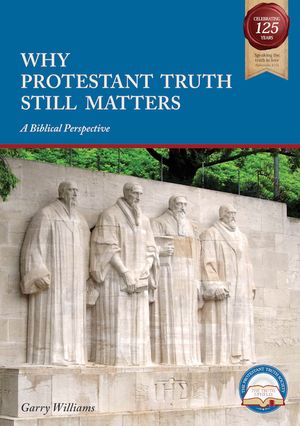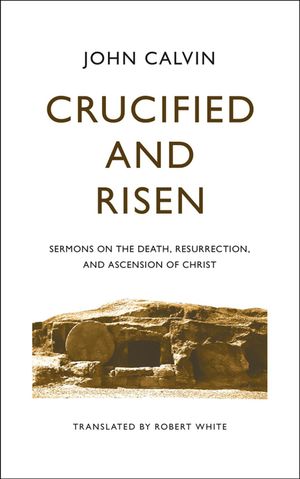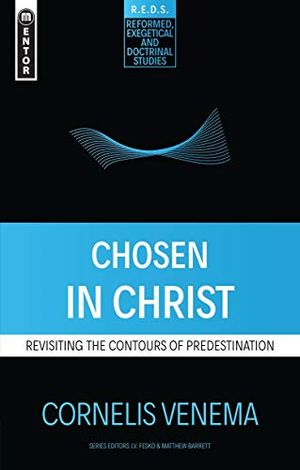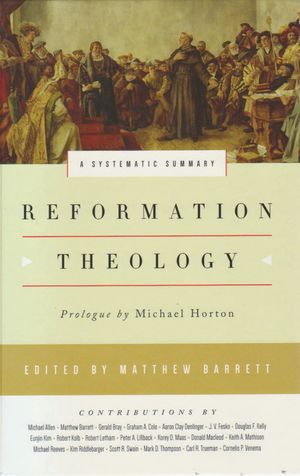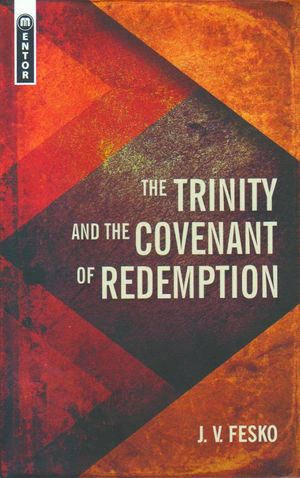Why Protestant truth still matters
Garry Williams, Protestant Truth Society
42 pages, £3.95
Star rating : ****
The Protestant Truth Society (PTS) was founded by John Kensit in 1889 and this brochure bears the rider, ‘Celebrating 125 years’. We suppose the author was commissioned to write this booklet, although there is no clarification of this, or references to the work of PTS, which is a pity.
Our day is one of either ecumenical cosiness or doctrinal indifference. Many regard it as a good thing for Christian witness that churches are moving together. This attitude begs the question of what is meant by ‘Christian’ and ‘witness’. Williams does a good job in demonstrating how Protestant truth, in the Reformation sense, is biblical truth.
Anyone believing that the Roman church is getting better or that it never changes should read this, for both of these myths are debunked. Williams does so by demonstrating the historical justification and the biblical root of the five solas (Scripture, Christ, grace, faith and the glory of God alone).
He sums up: ‘The self-attesting Scripture authoritatively reveals the unique Christ, who saves by grace alone, though faith alone, for the unshared praise of [God’s] glory’ (p.22).
The five solas retain all their pertinence. Rome remains entrenched on such subjects as ‘sacred tradition’, the church as the sacrament of salvation and the status of Mary. The unique mediation of Christ is still on the back burner.
Williams does not mention, however, an important change in Roman policy, the redefining of the relation between the church and Israel, by Pope John Paul II.
The solas, which are individually and deftly described, function organically. To remove the sola from any one of the five changes the fundamental meaning, not only in that instance, but of the five as a whole. This is because biblical truth is an organic unity, and to modify any one aspect of it throws the whole out of kilter.
Biblical truth is a finely tuned system, divinely revealed and beautiful in its complementarity.
Paul Wells
Eastbourne

